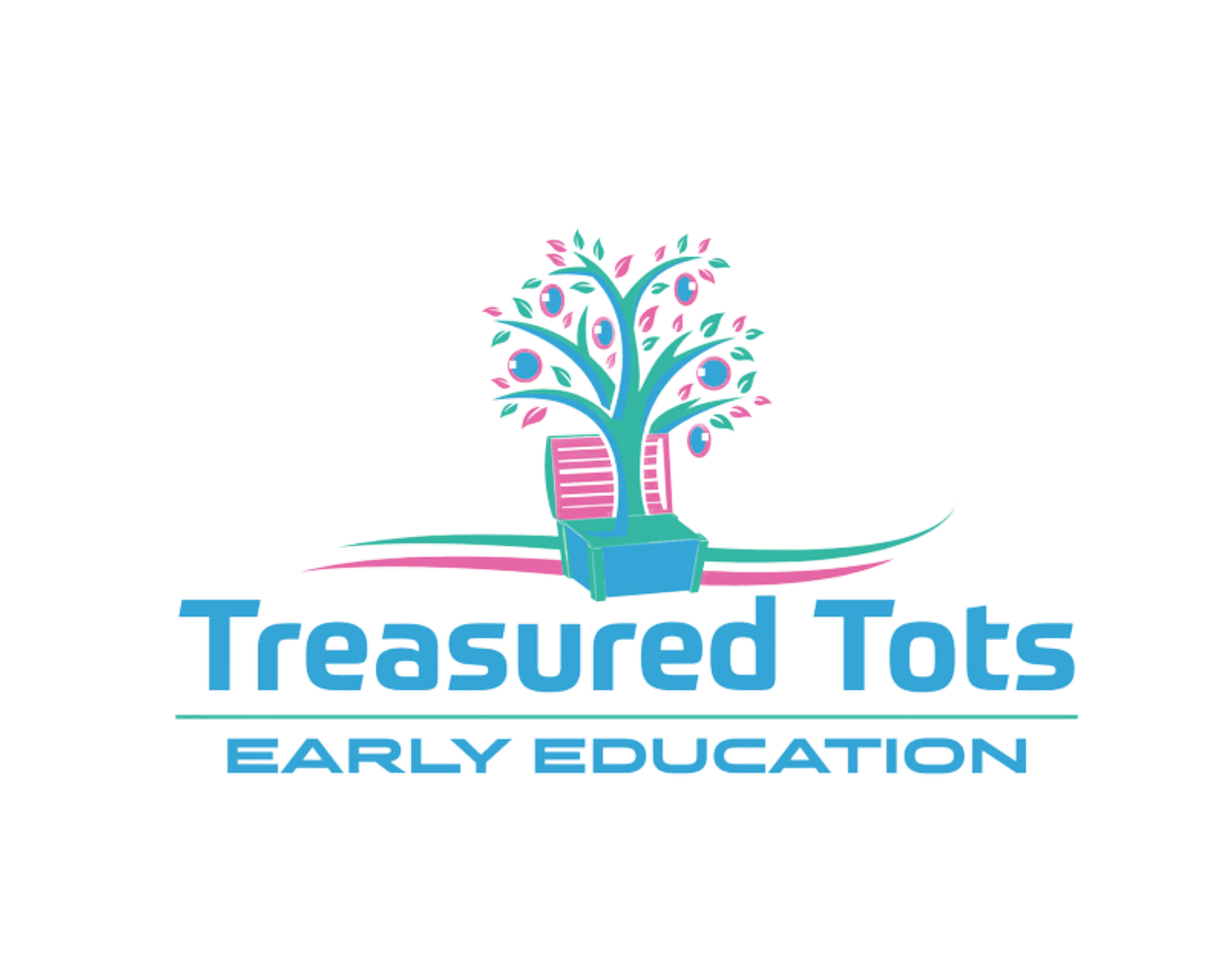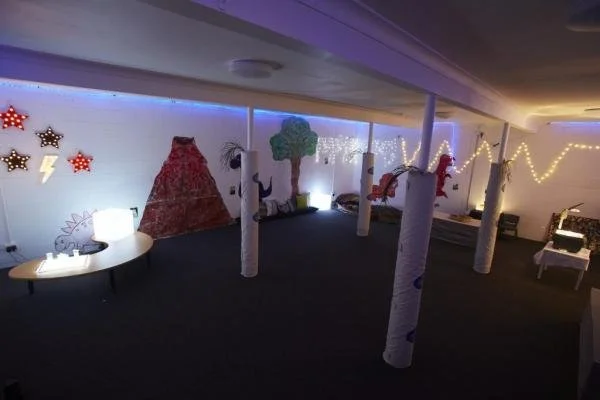School Readiness - What Does It Mean?
Starting school is a big step for little kids - and for parents too!
It’s an exciting time but it can also be an anxious one, particularly if you have heard people talk about ‘school readiness’ and are unsure about what it means and whether your little one is ready for school.
Many people mistakenly think that school readiness is all about academics and the intellectual side of development (eg whether a child can count to 10, can recognise different colours, write their name, say the alphabet etc) but that’s not the case. School readiness refers to a much broader range of skills.
It’s a term widely used around the world to describe how ready a child is to start schooling and it’s measured according to their social, physical, cognitive, communication and emotional skills. Things like language and literacy, self control and self confidence are all markers of school readiness and there are lots of things that parents and caregivers can do to help a child grow and develop.
But remember, school readiness is NOT a test and it’s important to remember that each child is unique and develops at his or her own pace.
Most experts agree that children who start school when they are developmentally ready are likely to do better and advance more quickly than someone who only begins the process of developing ‘school readiness’ after they’ve started school. But it’s important to keep things in perspective and if you want more information or have any concerns about your child’s development, it’s a good idea to chat to an experienced education professional or doctor.
But back to school readiness and how it’s measured. Educators will be looking for children who:
Separate easily from parents or caregivers
Show independence
Can do some things without adult supervision (eg unwrapping their lunch)
Follow instructions in daily activities
Have a basic understanding of numbers, letters and sounds
Are curious about exploring and discovering new activities (cognitive skills)
Respect the needs and rights of others
Are able to share and co-operate with others
Can communicate verbally (for example, can tell the teacher if they aren’t feeling well)
Have developed gross and fine motor skills (such a running, jumping, ball skills, holding a pencil, cutting, tying shoelaces, turning pages in a book)
These are some behaviours that can indicate when a child is having difficulties with school readiness:
Not toilet trained
Unable to do simple self-care tasks like dressing themselves
Struggle to understand consequences of behaviours
Doesn’t understand inappropriate behaviour
Doesn’t interact well with other children
Is resistant to learning new skills or being guided on new activities
These are just some things that indicate whether or not a child is ready to take the next step to formal schooling - and while language and literacy skills are important, so too is the development of the child as a whole.
There are many ways that parents and caregivers can help a child develop their social and emotional skills as well as their thinking skills, self-control and self-confidence such as:
Read books together
Engage in physical play like ball games
Use playground equipment
Do seated activities like card games
Do activities where sharing, taking turns and being patient are required
Arrange play dates
Get the child to practice gripping a pencil and drawing
Encourage independence (like dressing themselves) by providing verbal and not physical help
Choosing the right childcare environment is also a crucial step in ensuring school readiness - and it can make all the difference when your child (and you!) take that big step into starting kindergarten or primary school.
Quality childcare centres like the ones operated by Treasured Tots Early Education have the experience, expertise and commitment to ensure your child will be prepared and ready to make the transition to school. Treasured Tots’ team of experienced, qualified educators know what skills and behaviours are required for school readiness and our centres are inspired by the renowned play-based Reggio Emilia educational philosophy which instils a lifelong love of learning in each child.
Treasured Tots welcome visitors to our established childcare centres in Mandurah, Bibra Lake, Fremantle, Piara Waters, Hamersley, Bennett Springs and Bicton and would be very happy to show you around or give you any more information on school readiness. Please get in touch.



